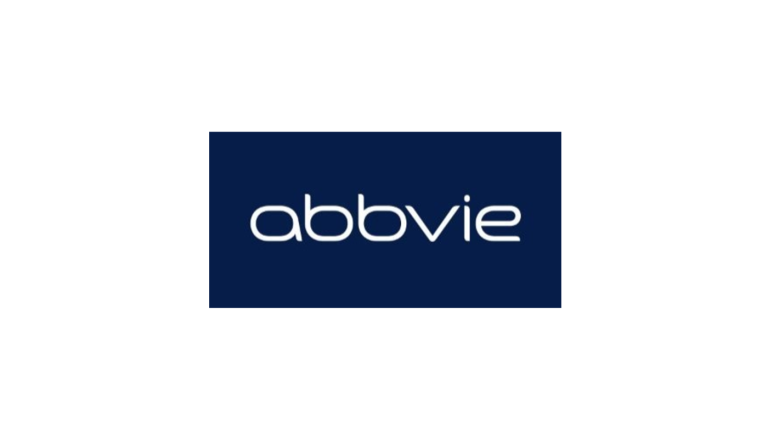If approved, PADCEV with KEYTRUDA has the potential to change the treatment paradigm, becoming the first combination treatment to offer an alternative to platinum-containing chemotherapy, the current standard of care in first-line la/mUC.
Ahsan Arozullah, M.D., M.P.H., Senior Vice President, Head of Oncology Development, Astellas:
“Patients in Europe need better treatment options for advanced stage urothelial cancer, and we look forward to working with the EMA on their review of the combination of enfortumab vedotin and pembrolizumab. If approved, the combination would be the first alternative to a chemotherapy-based treatment for this patient population. This milestone is another opportunity to affirm our commitment to helping patients with advanced urothelial cancer live longer.”
Roger Dansey, M.D., Chief Development Officer, Oncology, Pfizer:
“The EV-302 pivotal trial demonstrated the benefits of combining PADCEV with pembrolizumab for advanced bladder cancer. Patients with bladder cancer in Europe face poor outcomes at the advanced stage, and innovative therapies that extend survival are needed. This acceptance brings us closer to our mission: delivering breakthroughs that help address the unmet needs of patients and reshape the advanced urothelial cancer treatment landscape.”
The Type II variation application for first-line use of the combination is based on results from the Phase 3 EV-302 clinical trial (also known as KEYNOTE-A39). The study found the combination improved overall survival (OS) and progression-free survival (PFS) with statistically significant and clinically meaningful results in patients with previously untreated la/mUC compared to platinum-containing chemotherapy. The safety results were consistent with those previously reported with this combination, and no new safety issues were identified.
👉 European Medicines Agency Validates Type II Variation Application for PADCEV® (enfortumab vedotin) with KEYTRUDA® (pembrolizumab) for First-Line Treatment of Advanced Bladder Cancer | Pfizer


